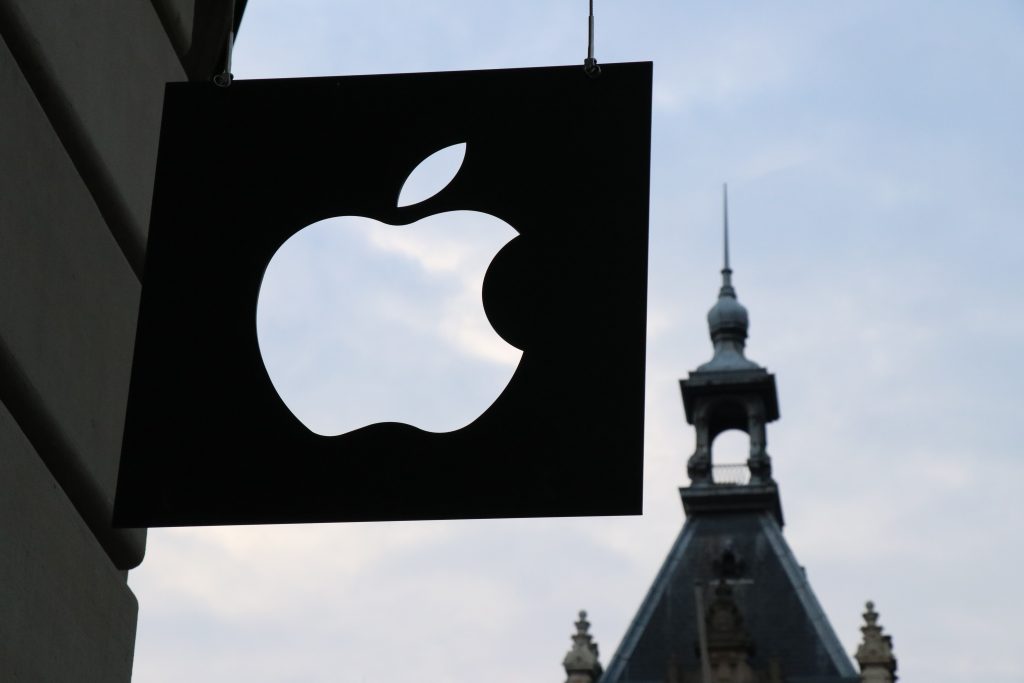This article by Ron Shevlin in Forbes pivots off of a blog post by Chris Dixon which evaluated how successful Unicorns (Uber, Tesla, Netflix) offered a full stack (complete) solution to displace incumbents. Shevlin takes that idea and expands it to evaluate if Apple and Amazon could displace banks:
“Fintech Startups Are Unlikely To Become Full Stack Banks
What Tesla and Uber have done–while pursuing a full stack strategy–is achieve a high degree of scope and scale. The strategic choice of full stack versus partial stack for a fintech startup is similarly about scope and scale.
For a fintech startup to reach the level of scope and scale and Tesla and Uber have, it would require: 1) A lot of money; 2) A lot of time; and 3) The reformulation of a complex industry structure.
Considering the mega-round financing happening in the industry, numbers one and two aren’t out of the question. Number three is a different story, however.
Legacy Banks Are Partial Stack Banks, Too
Here’s the bad news for the legacy banks gloating over the fintech startups’ challenges: They’re partial stack banks, too.
The reliance on the Fed, the payment networks, NACHA, etc., to move money where it needs to go is an illustration of why banks–who may think they’re full stack banks–aren’t full stack.
If existing banks were full stack, they wouldn’t have to wait five years for Fed Now to offer real-time payments, or even need The Clearing House in the short-term to do so.
No fintech startup or legacy bank–in the US at least–comes anywhere close to creating a sustainable alternative banking ecosystem.
Can Apple or Amazon Become Full-Stack Banks?
Regarding full stack strategies, Dixon wrote “if you can pull it off, it is very hard for competitors to replicate so many interlocking pieces.”
So, is there any firm out there that could pull it off?
Apple and Amazon seem to be two candidates for the job.”
I’ll suggest readers go to the Forbes article and read Shevlin’s conclusion. It’s is a fun read, but is probably a tad narrow in its assessments. Apple, for example, needs to be more than a device manufacturer and is looking to boost its $37.2B associated with services in 2018. More detrimental to Apple might be its natural proclivity for walled gardens which are an unnatural state of affairs in banking and payments, but as we identified in “Uh-Oh! Is Apple Expanding the Restriction on NFC to Include Mobile Identity?” the move may help Apple profit from the iPhone user’s identity.
Overview by Tim Sloane, VP, Payments Innovation at Mercator Advisory Group
